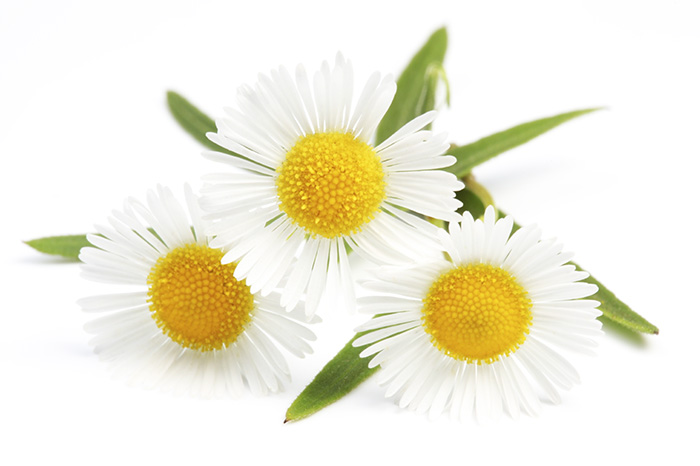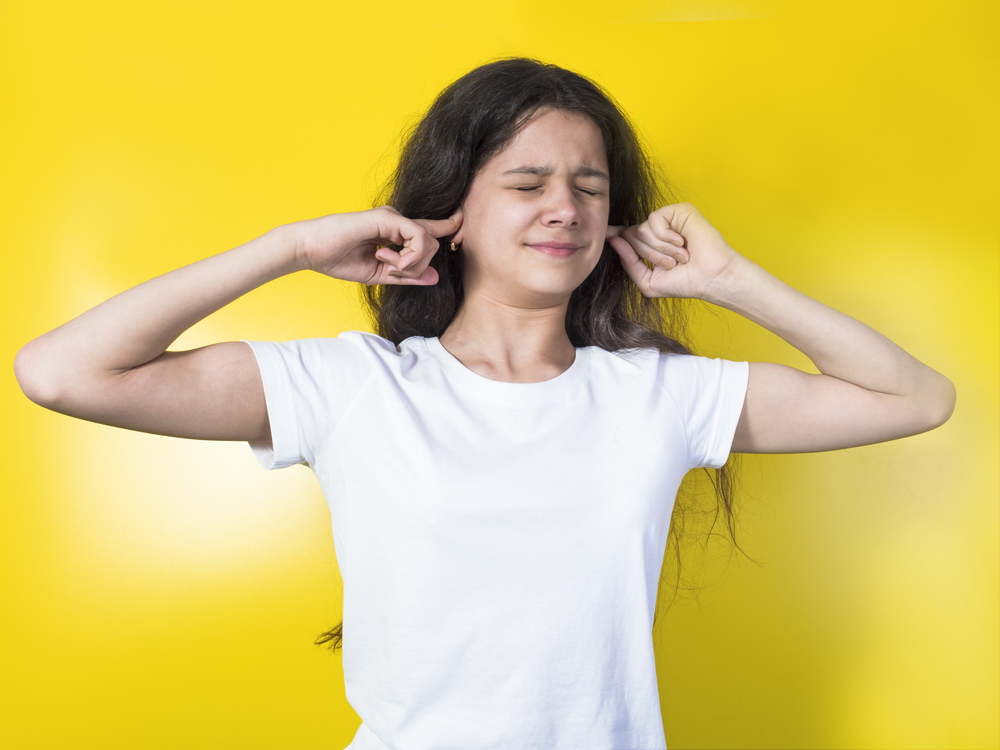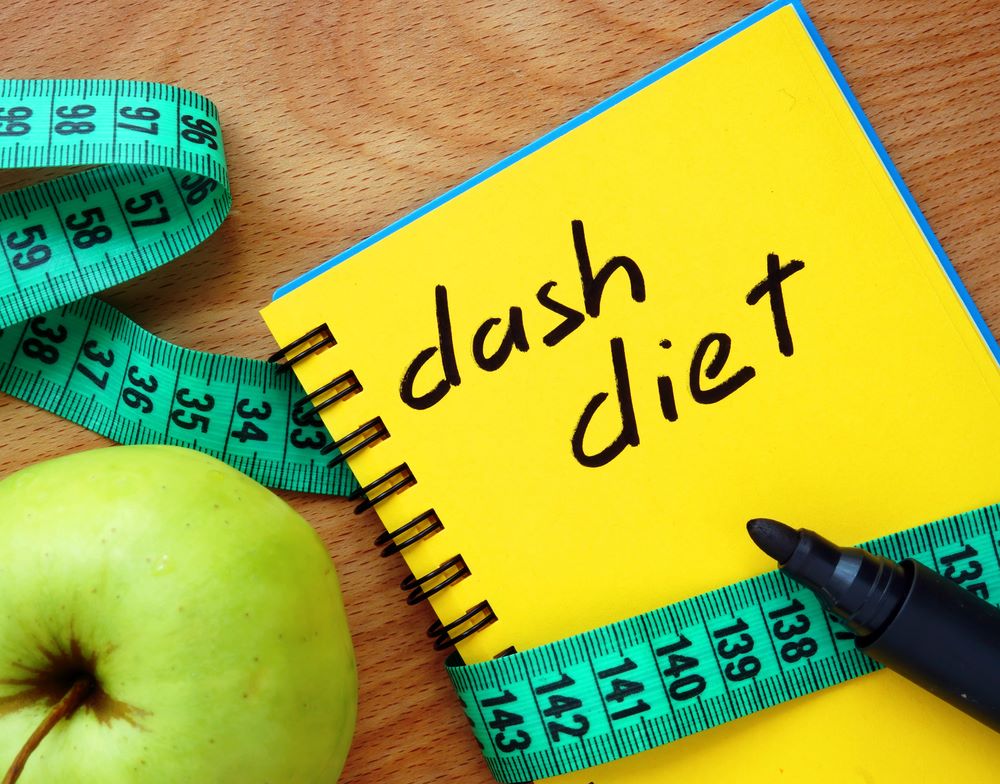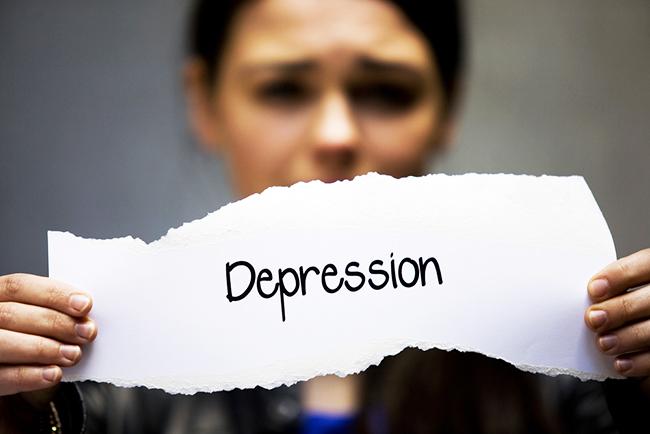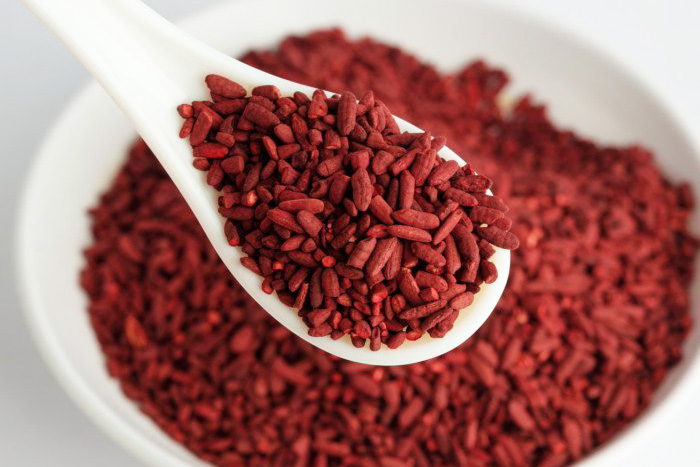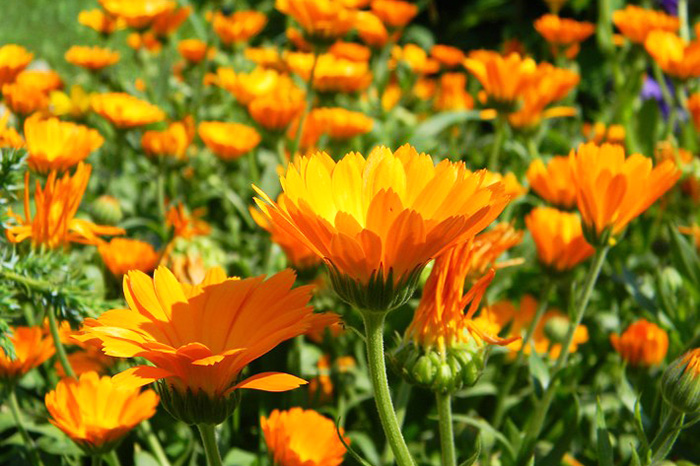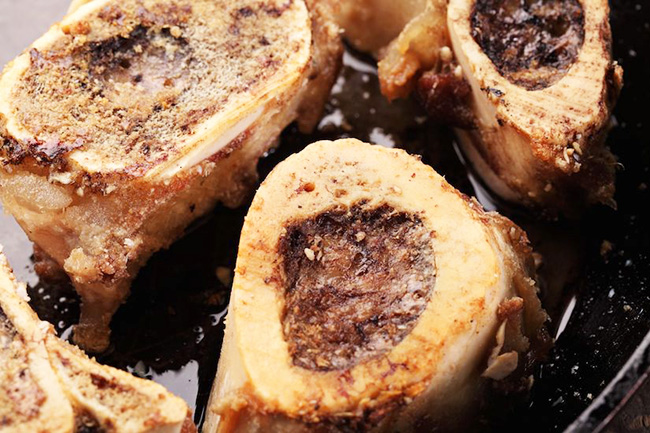Statins are drugs that lower bad cholesterol levels. They work by inhibiting your body from using a substance that’s required by the liver to make cholesterol — yes, cholesterol in your body can also come from the liver and not just the cholesterol-rich foods that you consume.
Although highly effective in reducing the levels of bad cholesterol in the bloodstream, statins are notorious for causing a host of unfavorable side effects. Some of the most commonly reported side effects by individuals who are prescribed with statins are:
- Headaches
- Dizziness
- Drowsiness
- Nausea
- Vomiting
- Abdominal pain
- Excess gas
- Constipation
- Diarrhea
- Rash
But the side effects of statins do not end there. According to the manufacturers of statins themselves, these bad cholesterol-lowering drugs may also cause high levels of blood sugar, type 2 diabetes, nerve damage or neuropathy, memory loss and confusion.
Oh, and by the way, there are also some really serious side effects of statins, most of which are enough to leave anyone with cold sweats before popping the pill in his or her mouth. For instance, statins may cause muscle inflammation and damage. Some cases may take a very long time to get resolved, while others may lead to complications such as kidney damage and even death!
There is no denying that statins are some of the most terrifying drugs in our midst. It’s exactly because of this why a lot of people with high bad cholesterol levels look for alternatives to these drugs, in particular those that won’t cause side effects and also put their lives in danger.
Well, the good news is there are a handful of all-natural solutions for high cholesterol that can replace statins. Some of the best of the bunch include:
Red Yeast Rice
This results from yeast that grows on white rice. If you think that’s nasty, think again — red yeast rice is scientifically-proven to help lower bad cholesterol levels effectively. It is capable of doing many other amazing things, too, such as dealing with all kinds of digestive issues and lowering cancer risk.
Niacin
Also known as vitamin B3, niacin takes bad cholesterol in the bloodstream back to the liver for elimination from the body. Aside from taking it in supplement form, you may also consume niacin-containing foods such as salmon, mackerel and other types of fatty fish.
Fish Oil
Speaking of fatty fish, omega-3 fatty acids found in it can help lower bad cholesterol levels by increasing good cholesterol levels. Omega-3 fatty acids also help in fending off heart disease as well as many other serious health concerns because of its superb anti-inflammatory properties.
Garlic
A lot of people take garlic for naturally dealing with all kinds of infections and also keeping at bay heart attacks and strokes — garlic can thin the blood and thus prevent a blood clot from forming. Did you know that, according to scientists, garlic can also help lower cholesterol?
Psyllium
Obtained from the seeds of a plant, psyllium is an excellent source of soluble fiber — a type of dietary fiber that is scientifically-proven to help in the management of problems that have something to do with the cardiovascular system, and that includes having high bad cholesterol levels.
Aside from counting on any of the above, it’s also a good idea for you to consider:
- Losing excess pounds
- Getting your regular dose of exercise
- Including more fruits and vegetables to your everyday diet
- Limiting your intake of foods rich in saturated fat, trans fat and bad cholesterol
- Reducing your intake of alcohol
- Quitting smoking
WARNING: Having elevated levels of bad cholesterol is dangerous most especially for individuals who are at risk of suffering from heart disease or already suffering from it. If your doctor is about to prescribe you with statins and you’re terrified of taking them, ask him or her about your options.
